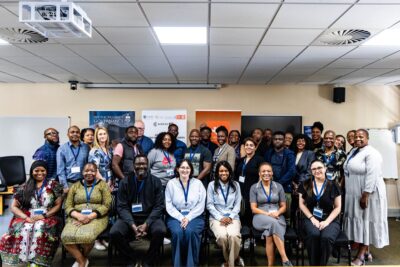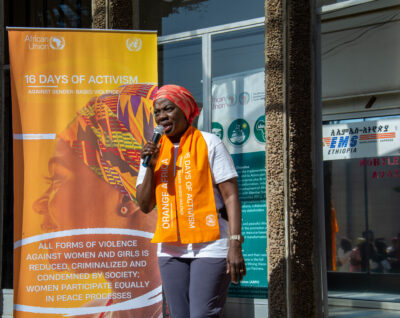 The Social Science Research Council’s Dissertation Proposal Development Workshop (DPDF), which gives graduate students in the humanities and social sciences an opportunity “to conduct preliminary research and prepare dissertation research and funding proposals,” is now fielding applications for its 2010 competition. Fellowships will be awarded in six research fields, including After Secularization: New Approaches to Religion and Modernity, under the guidance of Vincent P. Pecora, Gordon B. Hinckley Professor of English at the University of Utah, and Jonathan Sheehan, Associate Professor of History at the University of California – Berkeley:
The Social Science Research Council’s Dissertation Proposal Development Workshop (DPDF), which gives graduate students in the humanities and social sciences an opportunity “to conduct preliminary research and prepare dissertation research and funding proposals,” is now fielding applications for its 2010 competition. Fellowships will be awarded in six research fields, including After Secularization: New Approaches to Religion and Modernity, under the guidance of Vincent P. Pecora, Gordon B. Hinckley Professor of English at the University of Utah, and Jonathan Sheehan, Associate Professor of History at the University of California – Berkeley:
The story of secularization has long been key to the self-understanding and description of Western modernity. But confidence in this story is on the wane as scholarship responds to the complex pressures of globalization, the end of the cold war, and a revived intimacy between religion and politics. The inevitability of religious decline seems now more mythical than real. At the same time, powerful critiques of secularization and of secularism in general have emerged across the academic disciplines, unsettling durable Weberian models for understanding the functions of religious life in the modern world, even as secularism remains an academic ideal.
One thing is clear: modern religions are (and historically have been) in process of dynamic change in the face of wider social, political, and cultural transformation. The challenge for this research field is, then, to account for this dynamism in nuanced and sophisticated ways. Our goal is to produce new research on the relationship between religious and non-religious perspectives, both how these perspectives came into being and how they continue to develop in tandem. Why and how have (some) religions thrived in modern society rather than withering away? How have secular regimes provided space for differing religious traditions and how have they controlled them? How does secular society take shape around certain ideas about religion and its proper modern function? What counts as a properly secular world view?
These research questions stand at a crossroads of a host of disciplines in the social sciences and humanities. From political science to history, from sociology to literary studies, not to mention religious studies: the effort to re-conceptualize religion’s relationship to modernity spans a wide intellectual terrain. Our goal in these workshops will be both to foster this cross-disciplinary engagement about the study of religion and to see how our various methodologies might produce new and productive research on religious change after secularization.
We invite applications from students who are interested in interdisciplinary research on religion in the (broadly understood) modern period. We want to encourage comparative conversations across religious traditions and welcome participants in all geographic areas. The historical emergence of new religious categories and practices, the changing face of Christianity in the southern hemisphere, the rise of large immigrant Muslim communities in Western, and still primarily Christian, nation-states, the growth of so-called new religious movements, the problems of pluralism versus the strict state secularism of France or Turkey, the relation between religious law and secular law, the dynamics of church-state relations in different religious and national traditions: these are just a few of the topics on the table.
Finally, the workshops themselves will engage deeply with the literature on secularization and its critique, will take up models of new research in the field that might serve as exemplary for students and will, most importantly, emphasize the concrete design of dissertation research projects.
More information and instructions for applicants can be found here.













